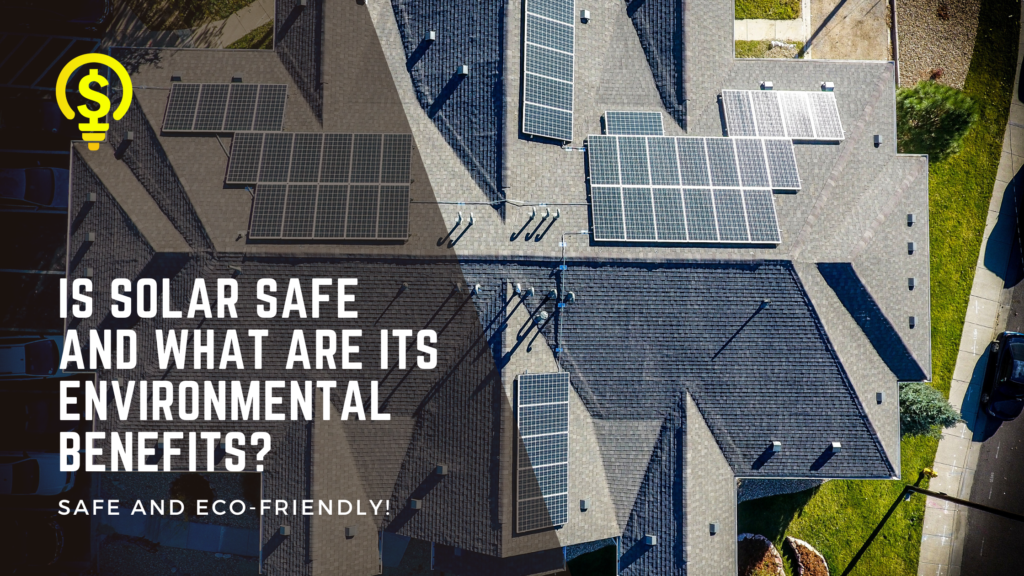
Introduction:
The shift towards renewable energy sources is often met with questions about safety and environmental impact. Solar energy, as a leading renewable energy source, is no exception. This article addresses the safety aspects of solar energy and underscores its environmental benefits.
Content:
Safety of Solar Energy
Solar panels are made with safety as a foremost consideration. They are designed to withstand harsh weather, including heavy wind and snow. The risk of fire from solar panels is extremely low, and they are continually tested and certified to meet rigorous safety standards. Electrical safety is also a key focus in solar installations, ensuring that systems are installed and maintained by qualified professionals to mitigate any risks.
Environmental Benefits of Solar Energy
- Reduction in Greenhouse Gas Emissions: Solar power is a clean energy source. Unlike fossil fuels, it does not emit greenhouse gases during electricity production, making it a crucial tool in combating climate change.
- Decreased Air Pollution: Burning fossil fuels releases pollutants like sulfur dioxide and particulate matter. Solar energy, in contrast, produces electricity without air pollution, contributing to cleaner air and public health benefits.
- Reduced Water Usage: Traditional electricity generation can use thousands of gallons of water. Solar photovoltaic cells don’t require water to generate electricity, making them a more sustainable option, especially in areas facing water scarcity.
- Energy Independence and Sustainability: Solar energy reduces reliance on non-renewable energy sources, moving towards a more sustainable and secure energy future.
- Habitat Preservation: Solar farms can be designed to minimize land use and even coexist with agricultural uses, unlike many large-scale power generation methods that can have significant ecological footprints.
Conclusion:
Solar energy not only stands out as a safe alternative to traditional energy sources but also offers substantial environmental benefits. Its role in reducing greenhouse gas emissions, lowering air pollution, conserving water, and promoting sustainability makes it a cornerstone in the transition to a cleaner, healthier future. With continued technological advancements and increased adoption, solar energy’s safety profile and environmental advantages are set to play a pivotal role in global energy strategies.
